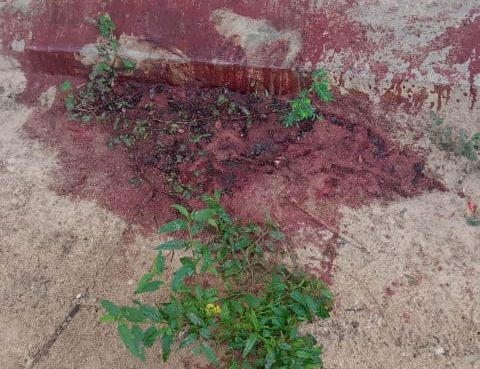The Australian mining company, Base Titanium, is scrambling to cash in on a huge deficit of global sulphate ilmenite supply by stepping in to meet the demand in the commodity.
However, the rising demand far outstripped the firm’s ability to supply the mineral from its mineral sands operations in Kwale County in the quarter ended in March, this year.
“Constraints on the global supply of sulphate ilmenite have continued into the quarter. In particular, supply of ilmenite from two of the major ilmenite producing countries, India and Vietnam, has declined,” Base Titanium said in its quarterly activities report released on Monday.
The company said the emerging deficit being created by strong demand and supply restrictions has resulted in strengthening prices through the end of the quarter and into the June quarter.
“Demand for Base Resources ilmenite from existing customers exceeded the company’s ability to supply and there has been a significant increase in enquiries from new customers globally,” said the report released by the firm’s External Affairs General Manager, Simon Wall at the mining site in Maumba-Nguluku area.
Wall said demand for ilmenite remained high throughout the quarter especially in China which is the company’s major export market, as demand for pigment rose during the Chinese New Year festivities.
The company has recorded an increase in exports due to a fall in supply of the mineral following the reduction in
availability. “BT is cashing in on an ilmenite deficit shortfall in the supply of sulphateilmenite and the increased demand of the same even as it recorded a sharp drop in its exports.
However, the firm recorded a sharp drop in reported mined volumes of 4.5 million tonnes compared to the previous quarter’s 5million tonnes. Other titanium minerals mined by the multinational company include zircon and rutile.
The firm is also preparing to relocate its mining operations having mined most of its titanium reserves in the current Central Dune.It said the transition of mining to the South Dune ore body in June is still on course and will result in a two-week shutdown of production.
“The total cost of works for the transition is estimated to be US Dollars12.3million and will be incurred over the
financial year 2019,” the report added.
However, unlike the old site that had high grade mineral deposits of up to 7 percent, the new one has low grade mineral concentrates at 3.5percent which leads to a drop in revenues.
“The drop is not a surprise to us because we anticipated it and measures are already in place to mitigate its effect and include adoption of cheaper mining methods to offset business losses,” said Wall.
In pursuit of further mine life extension, drilling of the Vanga exploration license commenced on April 1, he added.
He also decried delays in enacting the mining royalties regulations noting that local communities and the county
government cannot access the royalties paid by the company.
“It is unfortunate that no mechanism of sharing the royalties is in place three years since the Mining Act came into
effect. We are appealing to the government to fast track the process,” said the manager.
“I believe if the money was flowing to the residents and county, our relationship with them would be much better,” added Wall in reference to the opposition the company faces from locals who claim they have not benefitted from its mining activities in the region.
He said the company paid Sh.400million in royalties to the government last year out of which Sh.80million and Sh.40million should have been disbursed to the county and communities, respectively.
“I am sure locals would be highly supportive of us if the royalties reached them,” he said as he called on local leaders, including members of parliament to lobby the government to speed up the enactment of the regulations.
By Shaban Omar/James Muchai




